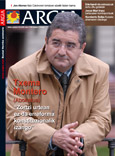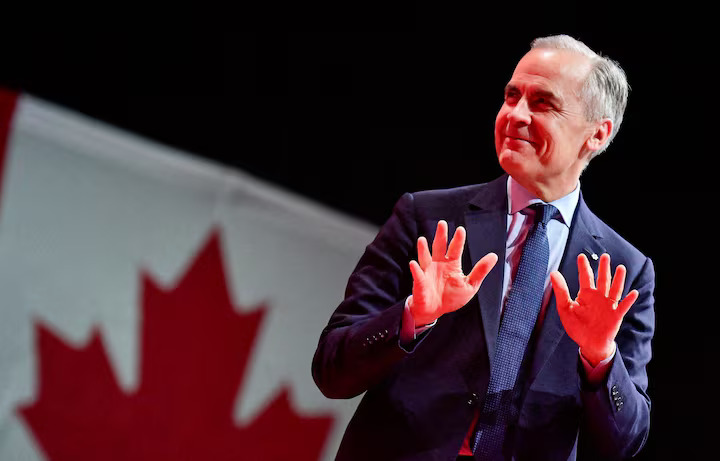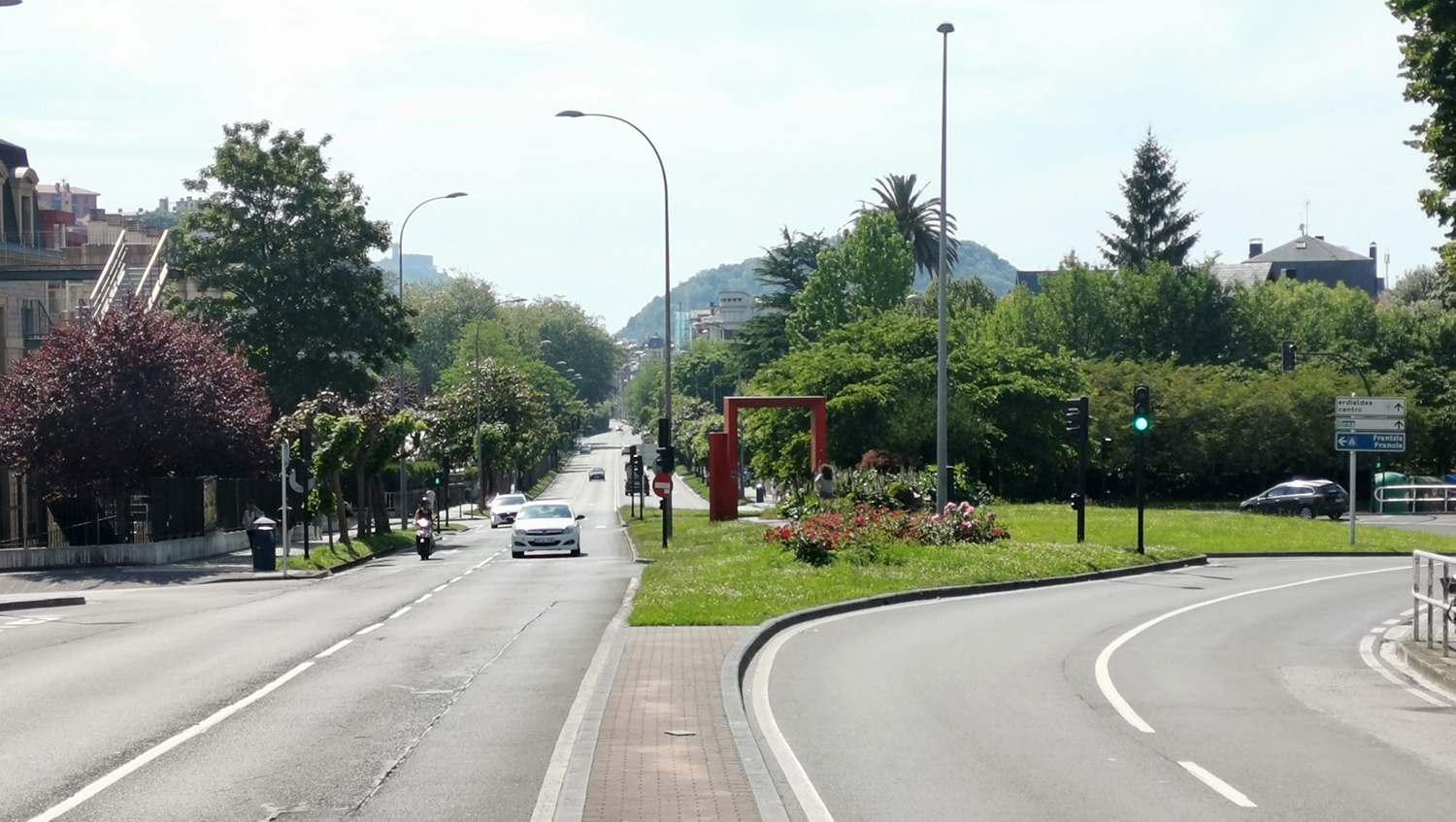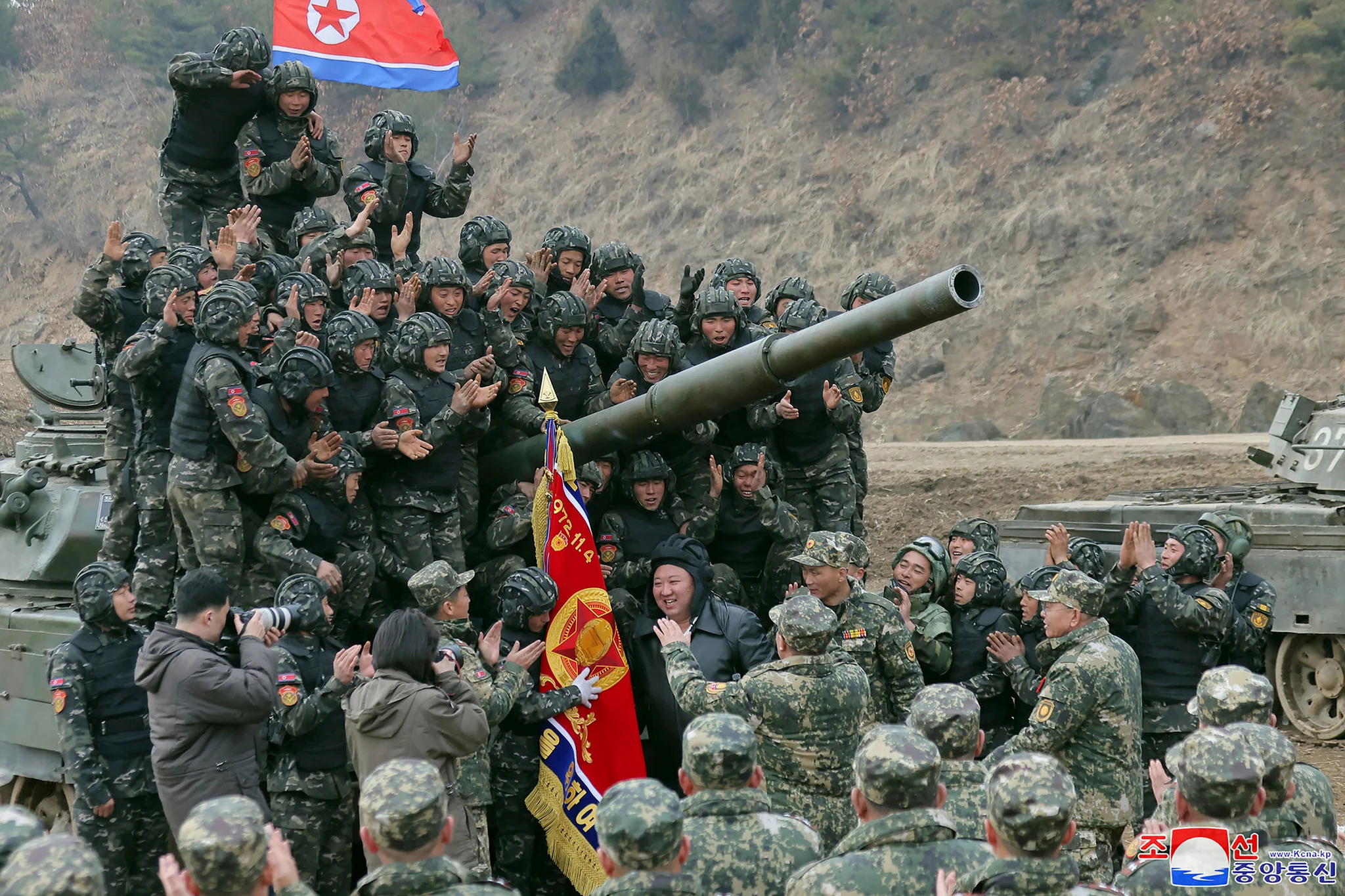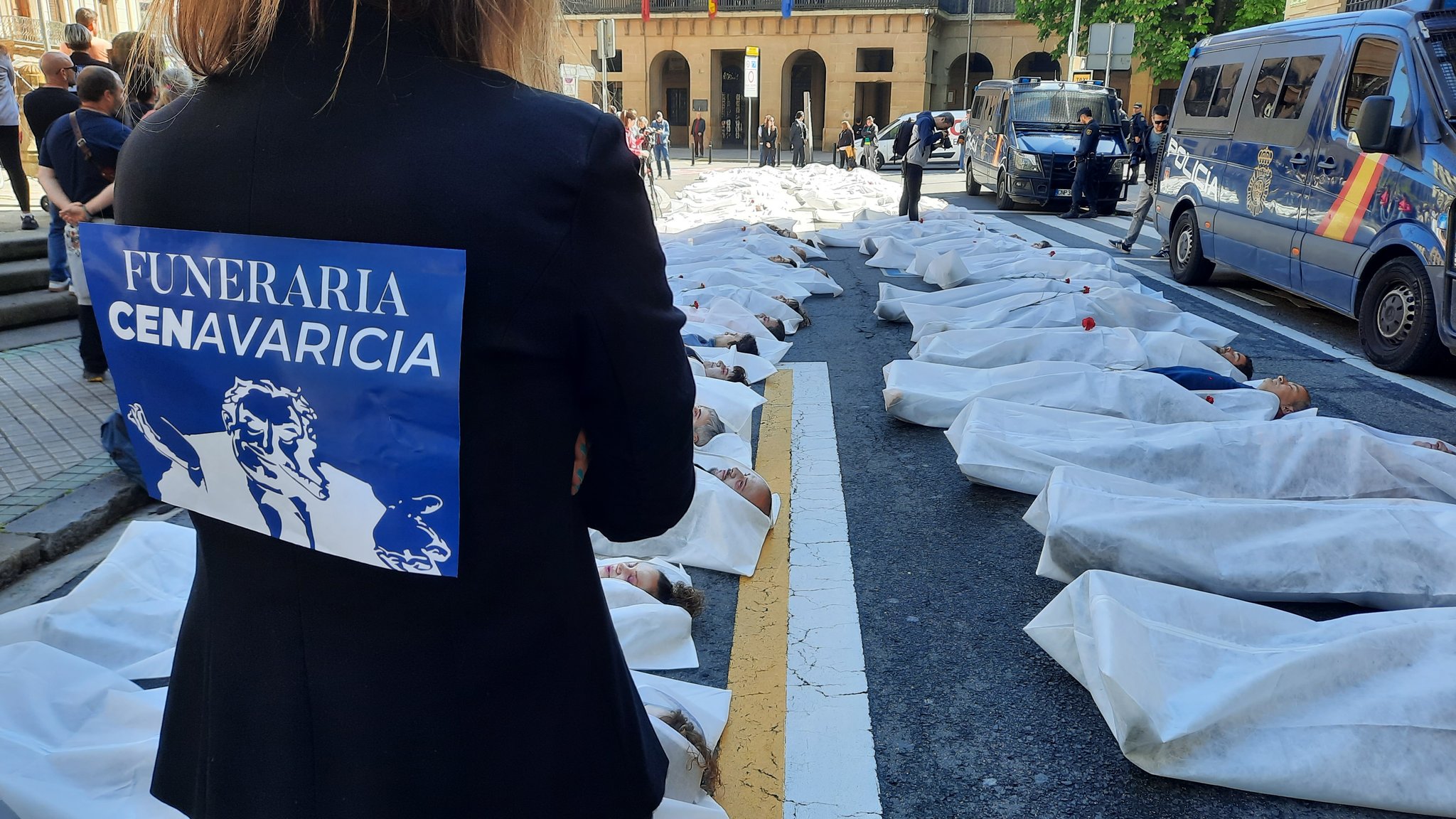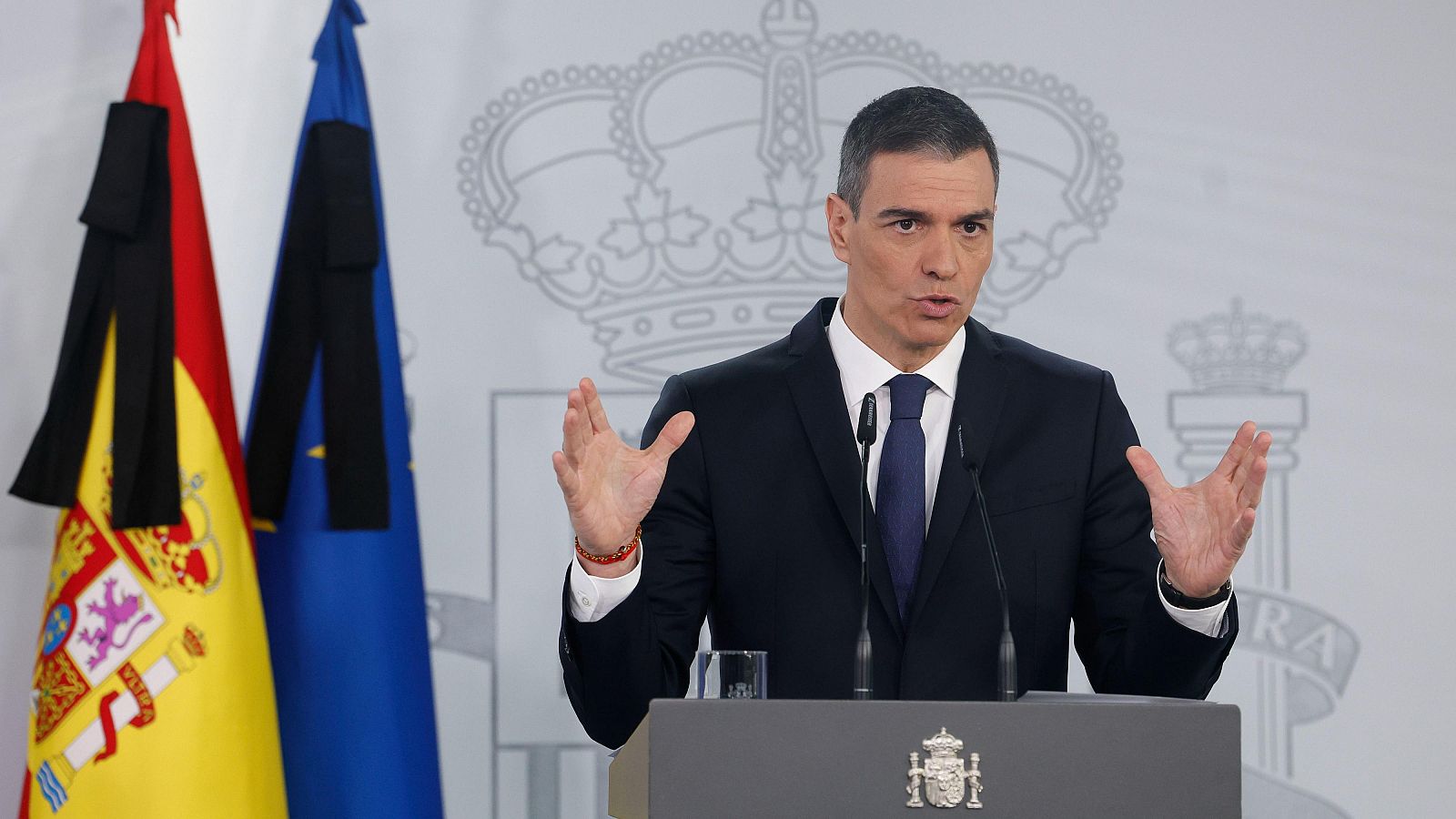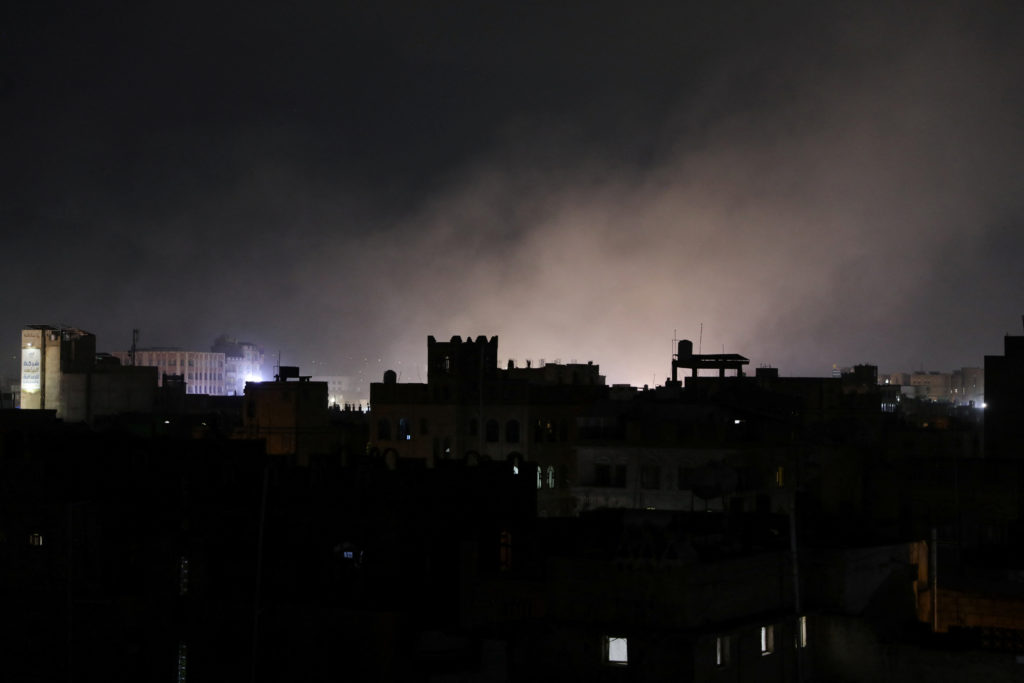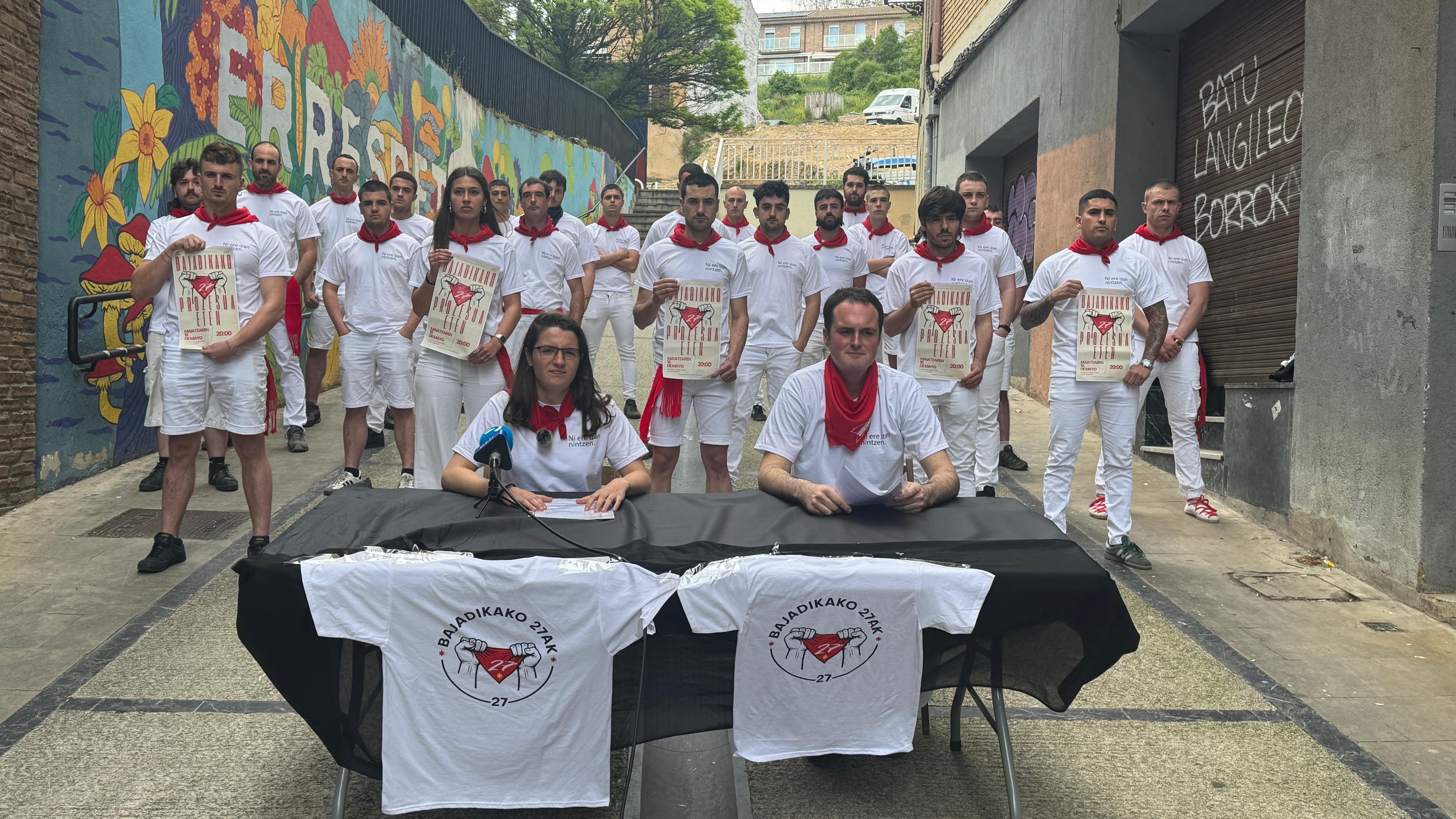More places to stay in Txema Montero: “The IRA has had democratic patience, while ETA has not”
- 1954, by Deusto. The lawyer. The lawyer. Former significant member of HB. He considers himself a patriot, a social democrat and a European enthusiast. He sees a greater need than ever to strengthen the institutions of self-government in the Basques. It is concerned that the electoral political expression of Basque nationalism has become a minority in the Basque Country and remains almost anecdotal in the continental territories.

How are you doing with your political experience at HB?
I take it as an undeveloped political initiative, frustrated in some way by the fact that it cannot be disconnected from the action of the military. That's the feeling.
What about the illegal establishment of HB?
It was I who brought HB to the juridical courts to legalize it and seeing it illegalized at the moment – both HB and the Union as well as the rest of the party – has caused me political frustration. The incarceration of the members of the Union – under the accusation of belonging to ETA – is an injustice. I know some of these people and I know that they do not have a hierarchical or functional ETA dependency. All this is confirmed by the procedure cars.
Have you maintained personal relationships?
My relationships when I was in HB were mostly with members who are currently in Aralar. Then and now. And I emphasize this because I have an ideological and political understanding with them in some way. I have a personal relationship with others but remote and usually because they call me.
It seems that we are in a time of involution.
Oh, yeah, yeah. The conflict, if we understand it from the will of ETA, will last for a long time. He believes it is impossible to negotiate with the State. I am beginning to think that ETA aims to achieve the supremacy of the nationalist left rather than to achieve negotiation with the State in this long race, which is to replace it. The military struggle against the state has an increasingly important corollary: to achieve the fatherhood of Basque nationalism. That is, to prolong the popular struggle – understood in the sense of Maoism – to be the owner of patriotism, and thus to be in a better political position to negotiate with the State.
How do you see the Patriotic Left in this thesis?
ETA is not only a charismatic part of the patriotic left if we understand it as ENAM or Union or ANV. ETA is the main representative of people who do not give up, who are ready to fight until the last moment and with all the consequences. ETA has led the nationalist left in every specific political period according to its interests. The nationalist left, however, considers ETA a charismatic leader and has no interest in disassociating himself from it. So the ETA and the patriotic left go in the same package, for better or for worse.
On your way to solving the Basque problem, you have advised Ibarretxe to reject the so-called consultation. For what reason?
The problem with consultation is that it does not have a defined political subject. According to the totalitarian conception of ETA, the Basques constitute a uniform people, united to the will, in favor of self-determination, made up of seven historical territories, whose common characteristic is mainly language. In my opinion, however, the Basques are crossed by different territories, characterized by different self-affirmations and identifications. In short, we are not represented by the institutions themselves. This starting point is wrong or at least my approach is different. The Basques, who unfortunately defend patriotic positions for that matter, are very clear in our definition but not so clear in our positions. Therefore, without a clear definition of the political subject, any political consultation will be subject to electoral expressions. This is the contradiction: we Basques want to choose and in every election we Basques vote against us. At Uneo, according to the final vote, Basque nationalists are a minority in all Basque territories.
How do you see the question of consultation after the elections, then?
The PNV usually adapts its policy to the principle of reality. This makes him think that there is a majority in the Basque Parliament in favor of the decision. After the last election, that began to change. The PNV must listen and listen if he does not want to imagine the Basque Country as something alive and at the same time out of reality. Like ETA in the background. ETA acts as if we Basques are fascinated by it, as if we know what we want to do about the future of this political community.
You don’t even see the direction of the Basque Government’s policy in general.
I do not agree with these government maxims: “Our self-government is an excellent system. Our GDP is good. Good level of well-being: above average and close to what they are in mind in Europe.” And at the same time it says that it is necessary to “decide” to solve the problems that we have in our country. This has caused doubts and questions among the public: “If we are so well, why change? Why risk it if it has to be changed?” So the contradiction is obvious. We're not that good. I refuse to believe that we are okay, it has been a kind of exhaustion in matters concerning self-government: health, education and security, for example. Three components are essential to ensure self-government and institutions.
So it's just...
The basic components of self-government are running out, and at the same time we have not yet adapted our means in the globalized world economy. In this context, the Basques are being excluded from the European regions, and the issue is a separate one.
One of ETA’s theses during the transition was: getting worse financially, better to achieve independence.
No one has ever believed that... ETA members have never gone on hunger strike to death, they have never believed in ending everything. Taking the armed action of ETA aside as a revolutionary socio-political phenomenon, it was put up as a resistance movement, an annoying project on the subject of the Lemoiz Power Plant, which some proposed not to pay the electricity bill to the point of cutting off electricity. I know only one who was left without light: Professor José Ramón Etxebarria of the UPV/EHU stayed on the candles because he refused to pay the bill. In our country, those who practice armed struggle are willing to scatter the last drop of blood, not from themselves, but from others. Citizens don’t want to lose even the tiniest of their well-being. This society is satisfied and satisfied. Those who proclaim change are not willing to start from scratch to establish another social and legal basis. Meanwhile, on the contrary, ETA’s activity has strengthened the State.
How can it be explained that citizens accept this, that society does not overcome this situation?
To begin with, the inability of the nationalist left to overcome this situation is obvious. This is my greatest frustration. The Nationalist Left demonstrated its ability to mobilize society, either from other experiences or to take “loans” from the Left. However, it has not had the capacity to be politically structured and to have its own voice and leadership. He has accepted the leadership of ETA: “Because they are ready for everything, we must support them quietly.” We do not have the capacity to remove our own blisters from the pot and ETA must do so through armed action. This scheme can be extended from the scale of the nationalist left to society, as well as to political positions: The PSE-EE has neither the capacity – probably not much will – nor the Basque character to say to the PSOE that “this measure is not appropriate for the Basques and I will oppose it”. Not to mention PP. Even civic nationalism has not had the capacity to form this social body, except at the time when the institutions were created. Instead, it is divided. One day we will have to ask ourselves the following question: having the characteristics that make up the nation, the language, the institutions (forality) how have we reached the 21st century without forming the State? This is our paradox.
Have you thought about the reason for the paradox?
The only explanation I have found is the inexistence of the political subject: one Basque head, two Basque heads, three... We are crossed by bandmates or banderos, this is the most effective element. Then there are different ways to live the territoriality. Basqueness is not the same in San Sebastian as in Gipuzkoa, not in Bizkaia and Bilbao. And in the rest of the territory... take care of it.
The president of the PSE, Egiguren, has just said, “Otegi has not hit the table.” Let's say it was like that, but he's in jail. And those who, like him, are almost members of the Union. Could more of the Loyola negotiation have been expected?
I didn't expect much. I will explain my vision through a picture: “In a meeting friends from different parties are interacting opinions. The members of the Union have made an in-depth explanation of their political nature in order to make progress on the political path, let us say. Suddenly, the person who is supposed to be in direct contact with ETA speaks, and immediately the others begin to distance themselves from their opinion and say: if what this interlocutor has said is of interest... but”. That is, it is difficult, and at times even more difficult. Because Garzón has united ETA and the Union in their personal fortune and in the same organization. He's put them all in jail for a long time. “You’re all from ETA,” he said. They all come together and this strengthens the bond.
The change of the new generations is often mentioned in the leadership of ETA. It's now Cherokee who was once Petty-Medium or Artapalo. It's the case. How do you live that aspect?
I don't know Cherokee or anything like him. I met some leaders when it was relatively easy to meet with ETA leaders. I am convinced that ETA has a political leadership, even one that reads the post-war, has emphasized what is written about politics in four colors and tries to ensure that armed action has political consequences at every concrete moment. I was convinced and said that ETA would carry out an attack before the end of the electoral campaign. There is a political logic behind the violent action of ETA.
What do you think of the theory of possible and instrumentalized conspiracy around ETA?
You've emphasized the stubbornness of ETA.
The most pessimistic characteristic of ETA, the characteristic of our country, is its stubbornness. For some it is a positive value, not for me. The stubbornness of ETA lies in its permanence. Perhaps what has failed with ETA has been the lack of empathy. The parts of the negotiation have not been put in the minds of others, while in Ireland they have. I know from experience, I met two ‘mechanical’ people who dedicated themselves to the peace process in Northern Ireland for the sake of life. That is to say, those who went to the minister about what had been said in the process, in the case of both the English and the Irish. The Irishman is dead, I publicly made his own poplar. Unlike the Basque Country, the English made the matter a state problem, whether conservative or Labour, there was always an adviser in the government around periodic ministers.
Has knowledge taught you anything specific?
The IRA planted an explosive device in a fish farm in Belfast and killed twelve citizens during the negotiations. The coffin of IRA member Gerry Adams appeared on his back the next day, as the bomb also killed the IRA member. I called Tony: “What a catastrophe! It’s all gone to shit.” He, the advisor to the English government: “What else can Gerry Adams do if it’s not carrying the coffin,” he told me. Of course, otherwise he would have lost his legitimacy in his group. Adams wouldn't be the conversation partner they needed anymore. The press blew up Adams calling him “cynical.” I don’t think there has been such a relationship between the government and ETA.
ETA is a knee to knee phenomenon, like IRA?
This is one of the big differences with Ireland. Gerry Adams was an IRA volunteer in Belfast in 1968. Martin McGuinness again in Derry. Britain has had two negotiating advantages in the case of Sinn Féin and the IRA in the Irish case: The IRA and Sinn Féin were almost the same. There wasn’t the Egiguren “Otegi hasn’t punched” that you mentioned before. Egiguren would talk to the IRA when talking to Sinn of Féin, Otegi wouldn’t have to punch. Otegi’s alter ego would have said, “We sign the agreement or not.” That's a huge advantage. There have been no knee to knee fractures in the IRA. The people of the IRA who have negotiated were almost practically in the IRA since 1968.
Maybe Gerry Adams here should be Josu Urrutikoetxea...
I once had a political relationship with Josh. He hasn't shown up to this day to be Gerry Adams. I haven't met Otegi personally...
(...)
Moreover, the acceptance of representative democracy has been a vital component of the commitment between the English and the Irish. The English can say that they have interests in Ireland without blushing, and they can accept the Irish expression “unionists or republicans.” The Irish can accept representative democracy without saying “English democracy”. Twenty-five years from now, due to demographic development, the Irish will be the majority. The IRA has had democratic patience, while ETA has not.
So there's a bigger difference.
Oh, yeah, yeah. And there is something else: the Spaniards [the PSOE and the PP] have an alternating democratic commitment. And another one: The IRA killed some 800 policemen or soldiers, but the victims’ associations did not obstruct the peace process. It hurts at the members of society. ETA has not known its limits or the principles of the reality of Spanish politics. To say the least, the Spanish government has not even learned to recognize the stubbornness of ETA.
You said it has political logic.
Yes, but the political reading of ETA starts from an incorrect political premise: it starts from the Basque Country that does not exist. He acts politically accordingly. Not only does the majority of society not agree with the use of violence, it does not realize that violence harms the people. He does not realize that the majority of the population does not act as he thinks, he does not realize that it strengthens the Spanish State and also hinders the development of the political expression of the patriotic left to lead nationalism as a whole.
How do you see EAJ now?
He needs to find his way. His image is that of a boxer’s touch, he’s looking for the side of the gang to breathe and he can’t find it. It is linked to the results of the elections that are going down, the calendar that President Ibarretxe established is the sword of Damocles on his head. But his most serious problem is the unresolved internal conflict. I was hoping that the political paper he accepted in July would be a lobster, but it was a mix of seafood. A proverb by Seneca clarifies well the lack of direction of the PNV: “A ship whose port is not clean has all the winds against it.”
Ten years and now what?
The negotiating framework that has been built and collapsed in recent years will not provide much for much. Zapatero is not a credible politician. It's not hábil, it's lábil. Zapatero is a naughty person who seeks and tricks the solution for his interests. We Basques need to look more at ourselves and less at Madrid.
However, the State rejects a new treaty. To do what?
We must reflect. Political actors and political opinion donors must examine the elements that unite us nationalists to clarify where we want to go. The first task is to examine the milestones that have taken place on a case-by-case basis and to consolidate the institutions that we have set up along the way. Without inhibition, we must take an introspective look at what we have done well in the thirty years, what the institutions have given, look for and determine the components that are favorable and not valid. This internal perspective is much more important than knowing whether ETA will negotiate with the State. If they do it very well one day, let there be parliamentary control and in the meantime the law, including the state, be applied. For me this path is over, however: it will not be a second transition, I don’t think it will be a constitutional reform – at least in about eight years – or a reform of the Senate, or a change in the election system of the Juez government.
We will not have peace.
Not at the moment. Because the problem is not to ask for a political price in exchange for peace. He reproached José María Setién for saying that there is a lot of political price. The fact is that everyone wants to benefit from peace, and the accumulation of many benefits makes peace impossible.
Botoen %99 zenbatuta, Mark Caney egungo lehen ministroa buru duen alderdiak 168 aulki lortuko lituzke Komunen Ganberan, eta lau gehiagorekin osatuko luke gehiengoa. Alderdi Kontserbadorea izan da bigarren bozetan, 144 eserleku lortuta. Duela lau urteko hauteskundeetan baino... [+]
Donostiako Zurriola Haur Hezkuntza, La Asunción eta The English School ikastetxe inguruak eta Bilboko Kontxa Eskola eta Calasancio-Escolapios dira karbono dioxidoaren muga legala gainditzen dutenak, Ekologistak Martxanek hainbat eskola ingurutan egindako azterketaren... [+]
Hedabideetan nahiko aipatu dira asteleheneko itzalaldiak gizartean eragin dituen ondorioak, baina nahikoa aipatu al da gertakari horrek agerian uzten duena? Besteak beste, bi auzi nagusi: bizirauteko energiarekiko dugun menpekotasuna eta azken urteetan gertatzen ari den zerbitzu... [+]
Zer lor nahi zezakeen Ipar Koreako erregimenak Errusiaren gerrarako egindako odol-ekarpenarekin? Batetik, eskarmentua; bestetik, elkarrekikotasuna.
Sindikatuek agerraldi eta salaketa publikoak egin dituzte astelehenean, Nazioarteko Lan Osasunaren Egunean. Hego Euskal Herrian iaz zenbatu zituzten 64 hildakoen gorpuak irudikatu dituzte LABek, ESK-k, STEILASek, EHNEk, Etxaldek eta CGTk Iruñean eta Donostian.
Egunak argitzerako itzuli da argindarra ia-ia leku guztietara. Euskal Herrian baino atzeratuago egin du Espainiako Estatuko lekurik gehienetan, baita Portugalen ere. Normaltasun itxura gaur Euskal Herrian, baina goizeko lehen orduan ez dira funtzionatzen ari aldirietako trenak... [+]









